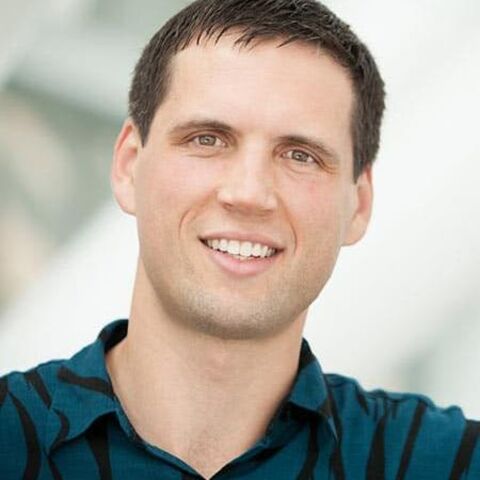Thomas Hartman
Professor
Quantum gravity; Quantum field theory; String theory; Black holes
Research
My research is on fundamental aspects of quantum gravity and quantum field theory, with a focus on black hole information and strongly interacting quantum fields. I use a variety of techniques from string theory, holographic duality, general relativity, and quantum information.
Gauge/Gravity Duality
Recent advances in string theory and quantum gravity suggest that spacetime, and the laws of gravity that govern it, are emergent phenomena resulting from the collective behavior of a large number of unknown degrees of freedom. This idea underlies gauge/gravity duality, which is an exact relation between quantum gravity and a lower-dimensional quantum field theory. One goal of my research is to understand how the degrees of freedom in a quantum field theory reorganize themselves into a fluctuating spacetime, and to use gauge/gravity duality as a model for a more complete theory of quantum gravity.
Black Hole Information
Black holes play an important role in quantum gravity because they can be viewed in two very different ways: as classical solutions of general relativity, or as quantum statistical systems obeying the laws of the thermodynamics. I am exploring this relationship in various contexts, including 3d gravity and more realistic Kerr black holes, by applying techniques from quantum information and statistical mechanics to problems in quantum gravity.
New Approaches to Quantum Field Theory
I am developing new methods to study strongly interacting quantum fields based on dualities, bootstrap techniques, and entanglement dynamics, with applications to critical phenomena, transport, and renormalization group flows.
The Physics of de Sitter Space
Ultimately, quantum gravity must be tested by experiment. There are two regimes of the known universe where quantum gravitational effects are large: black hole interiors and the very early universe. It is possible that fundamentally new ideas are needed to understand this regime, so I am working on new approaches to inflation and the physics of de Sitter space inspired by black hole information and gauge/gravity duality.
Educational Background
A.B., Physics, Princeton University, 2004. Ph.D., Physics, Harvard University, 2010. Member, School of Natural Sciences, Institute for Advanced Study, 2010 - 2013. Research Associate, Kavli Institute for Theoretical Physics, UCSB, 2013-2014. Assistant Professor, Cornell University, 2014-2020. Associate Professor, Cornell University, 2020 - 2022. Professor, Cornell University, 2022- present.

